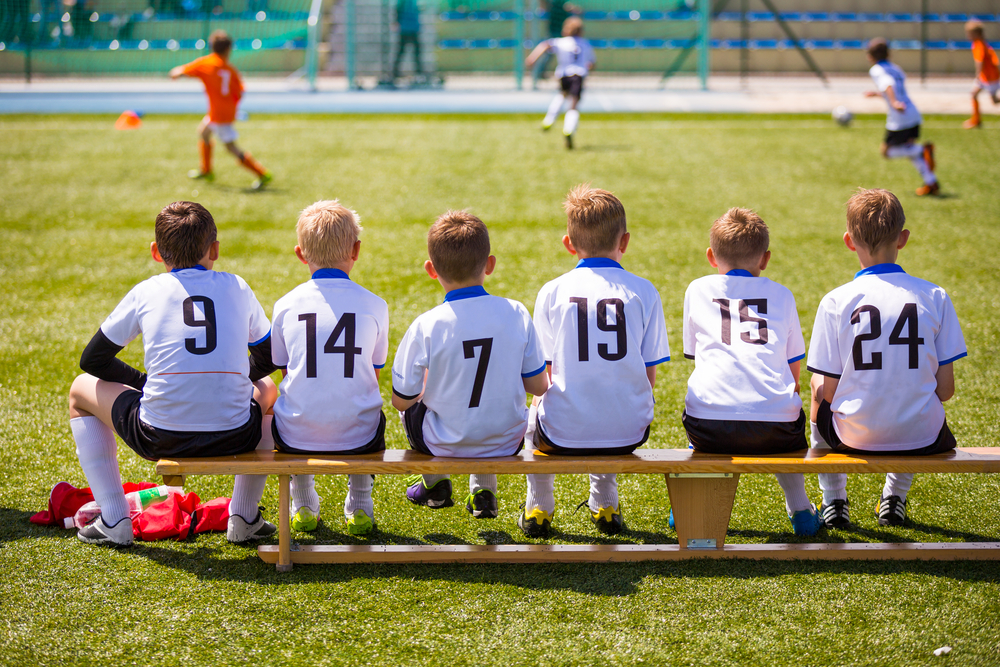Adventure therapy is a form of psychotherapy aims to “improve an individual’s physical, social, spiritual, and psychological well-being through the healing power of the wilderness with evidence-based, experiential therapy, recreational activities, and wilderness expeditions.”
It is derived from the principals of Outward Bound, which was founded in the 1940s by Kurt Hahn, as an experiential learning program.
It was first was used in Great Britain to train British seamen with physical and emotional challenges and was later brought to the United States in the 1960s. Adventure therapy provides teens with the opportunity to depart from their daily routines and venture outside of their comfort zones. To meet each child at his or her level, the adventure therapy model is designed to be widely versatile. Adventure therapy typically takes place outdoors and involves participating in different physical group activities (e.g., kayaking, ropes course, mountain climbing, hiking, camping, swimming, rafting, skiing, etc.). The outdoor format of adventure therapy allows children to experience the therapeutic properties of nature.
Benefits
The purpose of adventure therapy is to inspire self-discipline and self-confidence through facing mentally and physically challenging experiences in a wilderness setting. As explained in the Encyclopedia of Counseling, First Edition, “the fundamental proposition of adventure therapy involves exposing a group of individuals to a novel setting in which they strive to negotiate a variety of challenging tasks that involve real or perceived risk and where the outcome of their efforts is directly affected by the choices that they make, both individually and in concert with other group members.” This can yield exceptional benefits for children. Examples of such benefits may include, but are not limited to, any combination of the following, provided by Verywell Mind:
- Improved executive functioning.
- Decreased symptoms of anxiety and/ or depression.
- Improved interpersonal skills.
- Increased self-efficacy.
- Trauma resilience.
- Enhanced self-advocacy skills.
- Healthy identity development.
When participating in adventure therapy, each child brings his or her worldview, life experiences, and challenges, which greatly inform the dynamic of the group. Mastering new challenges in a collaborative environment can boost self-esteem, improve social skills, and encourage a young person to adopt a growth mindset, all of which inform a child’s mental health and emotional well-being.
Further Information and Support
For most of us, life can be very stressful, leading us to feel emotionally charged, which can cause anxiety, panic attacks, depression, and getting stuck in a cycle of being burdened with negative thoughts. Navigating through the challenges and emotional turmoil of life can be overwhelming, but you do not have to go through it alone. Engage Treatment is a Joint Commission Accredited professional psychological practice. We specialize in treating children, teens, and young adults struggling with depression and anxiety through community-focused treatment plans that incorporate a carefully selected combination of therapeutic interventions. Our compassionate, multidisciplinary practitioners are devoted to providing the highest quality of care that helps ignite positive change and enables clients to reach optimal health and well-being. Please do not hesitate to reach out for guidance. We are happy to answer questions and provide you with any additional information. Feel free to call us at 805-497-0605 or email us at [email protected]. You are also welcomed to get in touch by filling out our contact form. We look forward to connecting and having the opportunity to discuss how we might best be able to support you.
Contact Us
Westlake Campus:
IOP Program
2625 Townsgate Road, Suite 210
Westlake Village, California 91361
Agoura Campus:
Private Therapy & Parenting Program
30300 Agoura Road, Suite 250
Agoura Hills, CA 91301
805-497-0605
805-371-4862











© 2023 Engage Treatment Program, Inc. All Rights Reserved.
LGBTQ Friendly
About
• About Engage
• Our Team
• Career Opportunities
• Individual / Family Therapy
Resources
• Community Resources
• Blog
• FAQ
• Referring Clinicians
• Privacy Policy & SMS Terms






